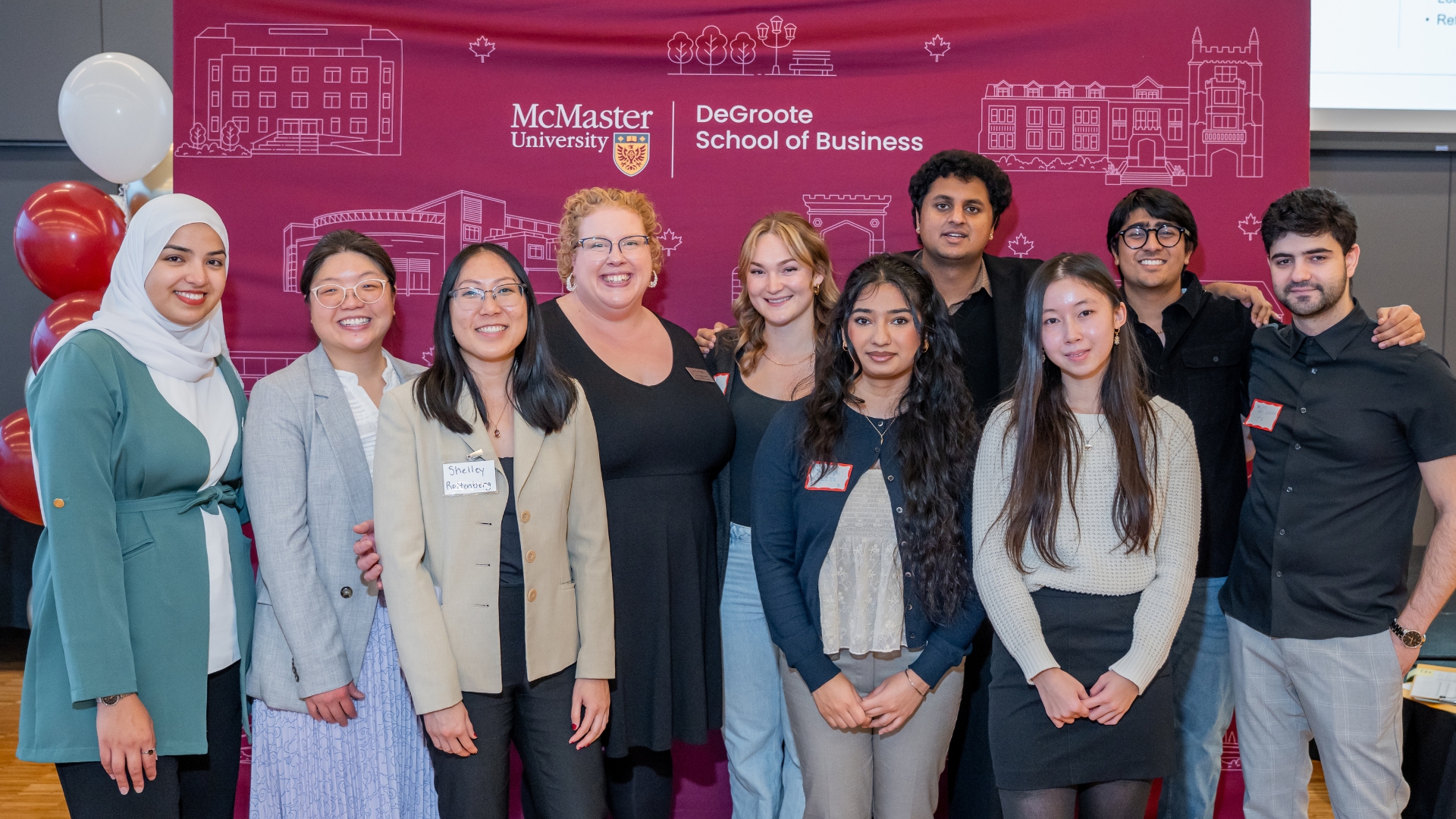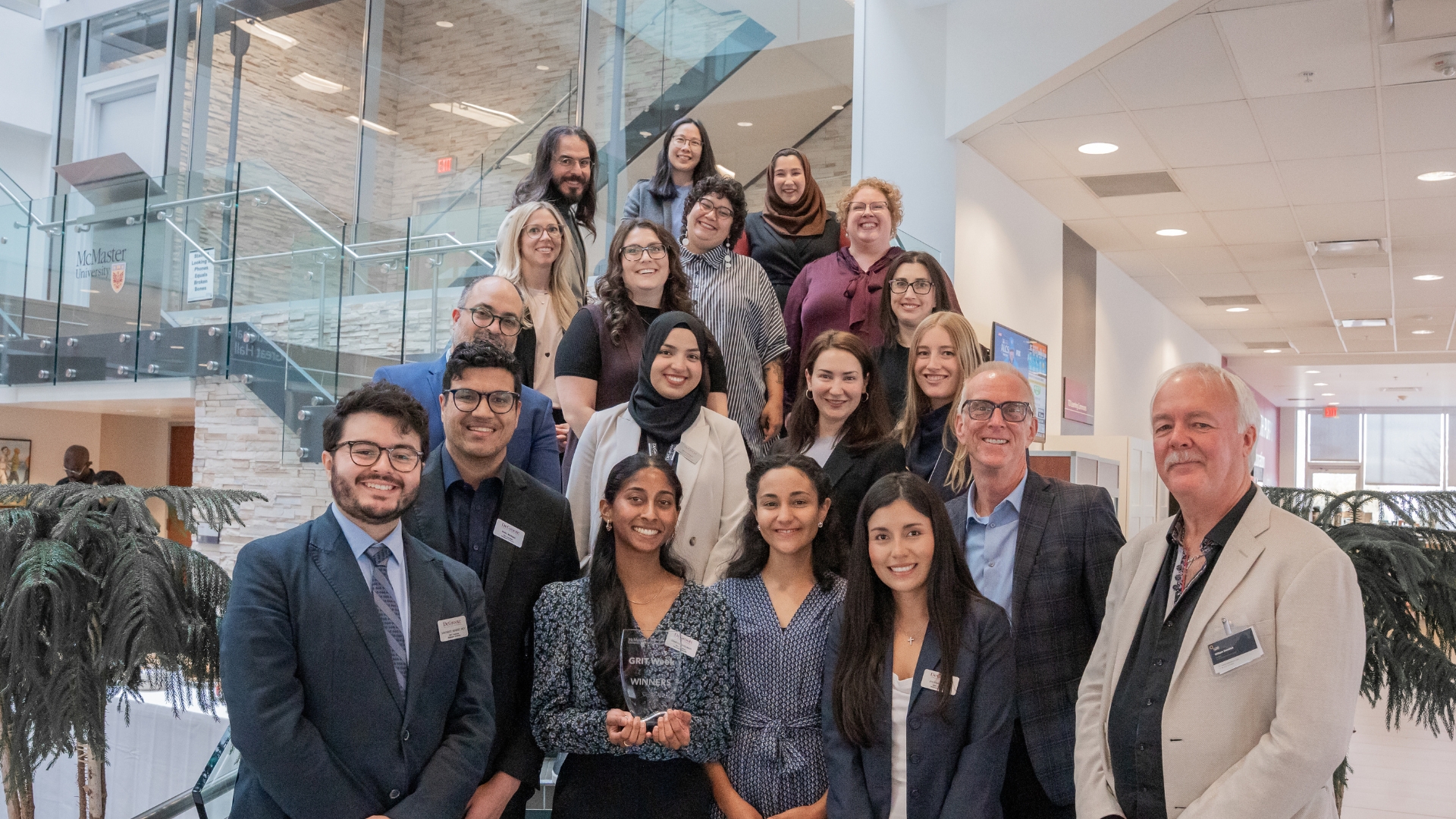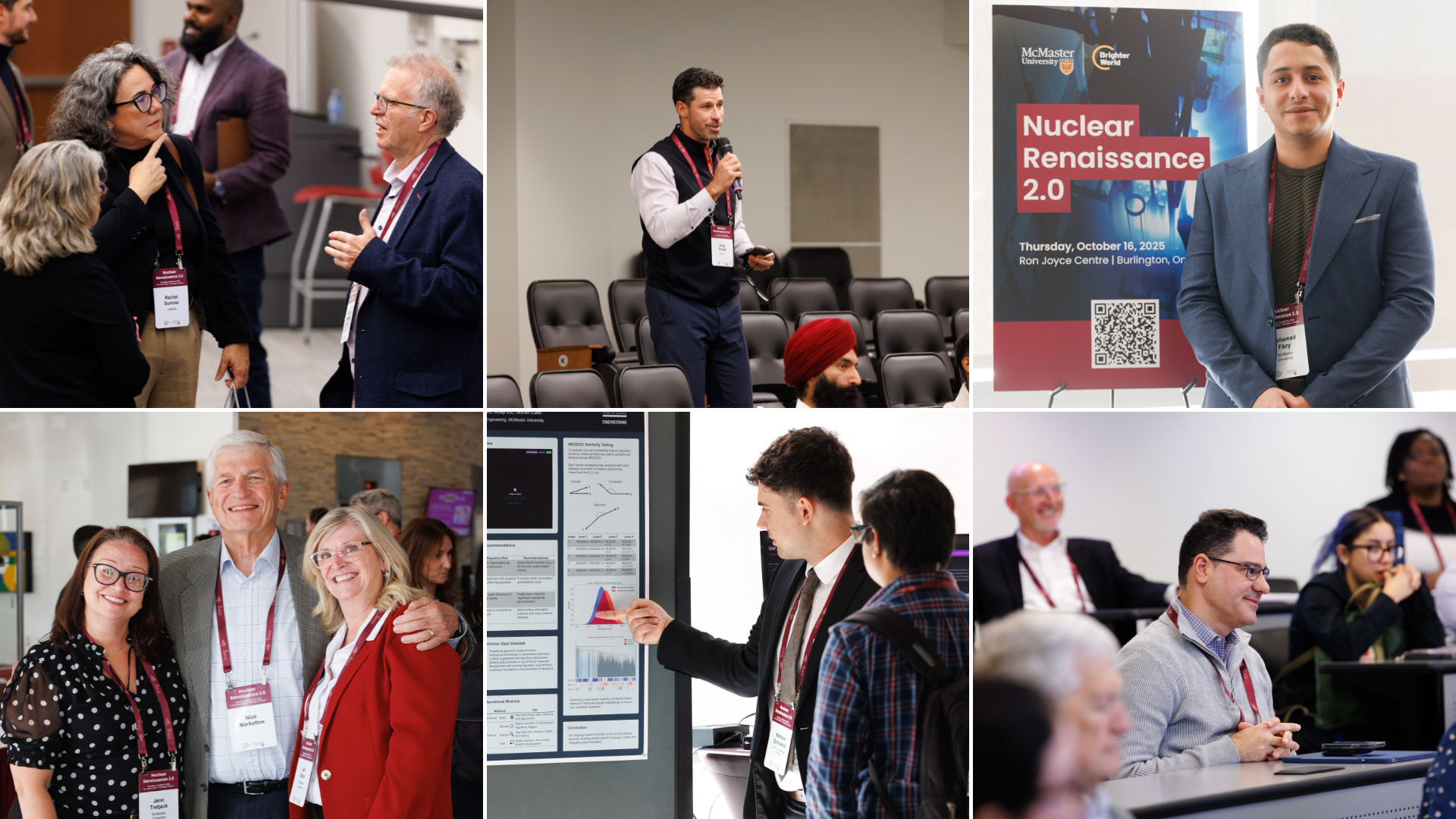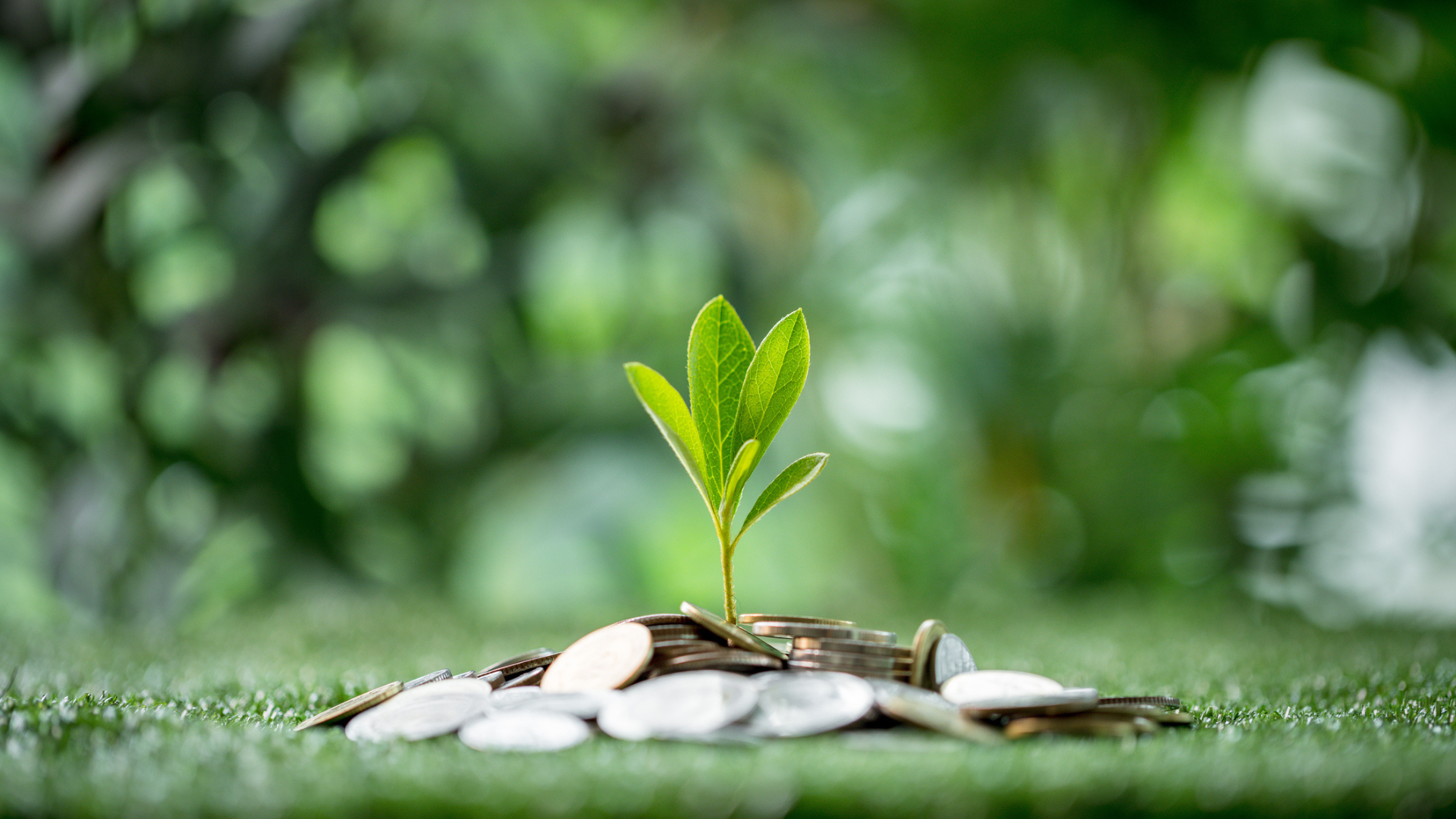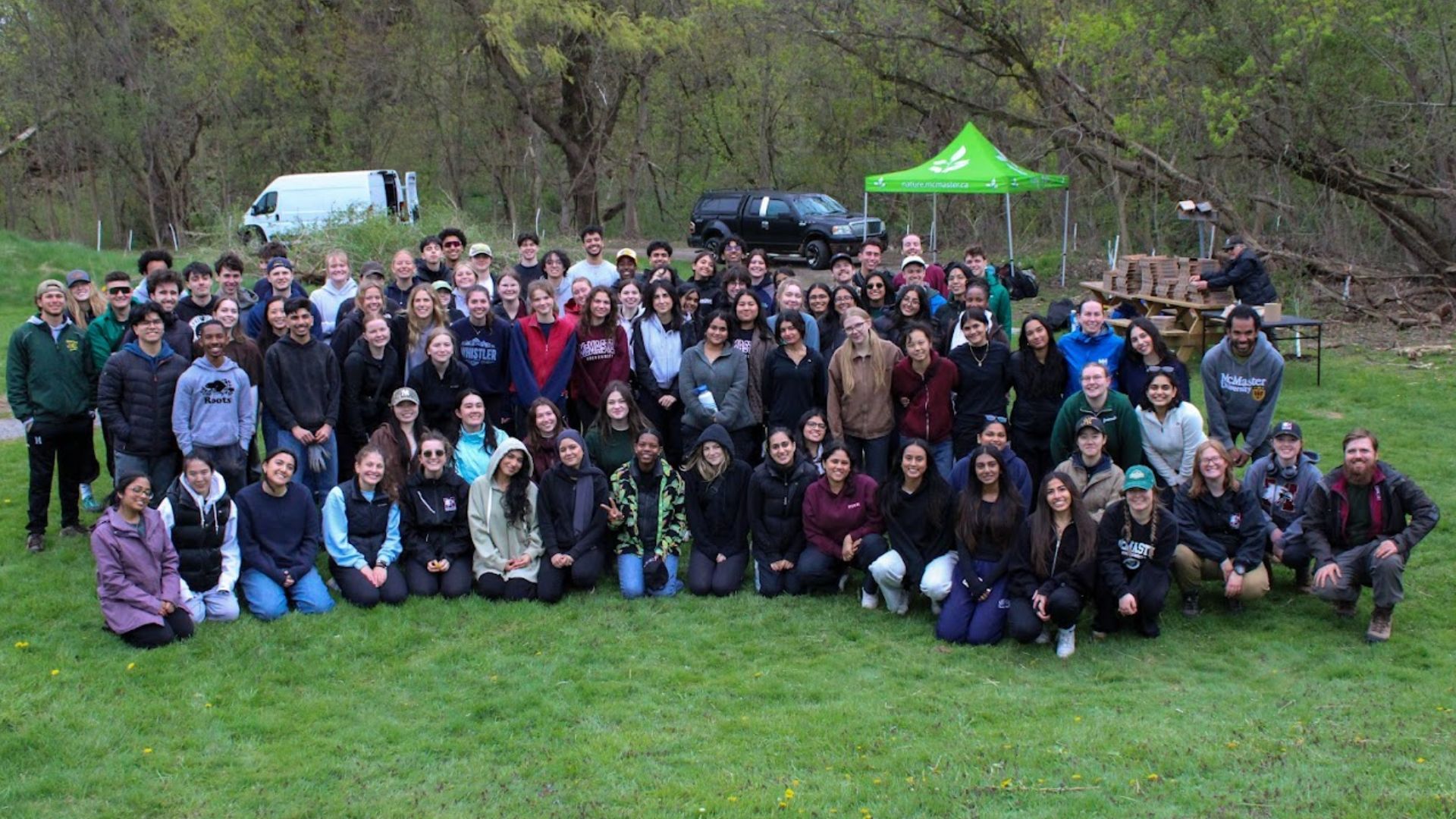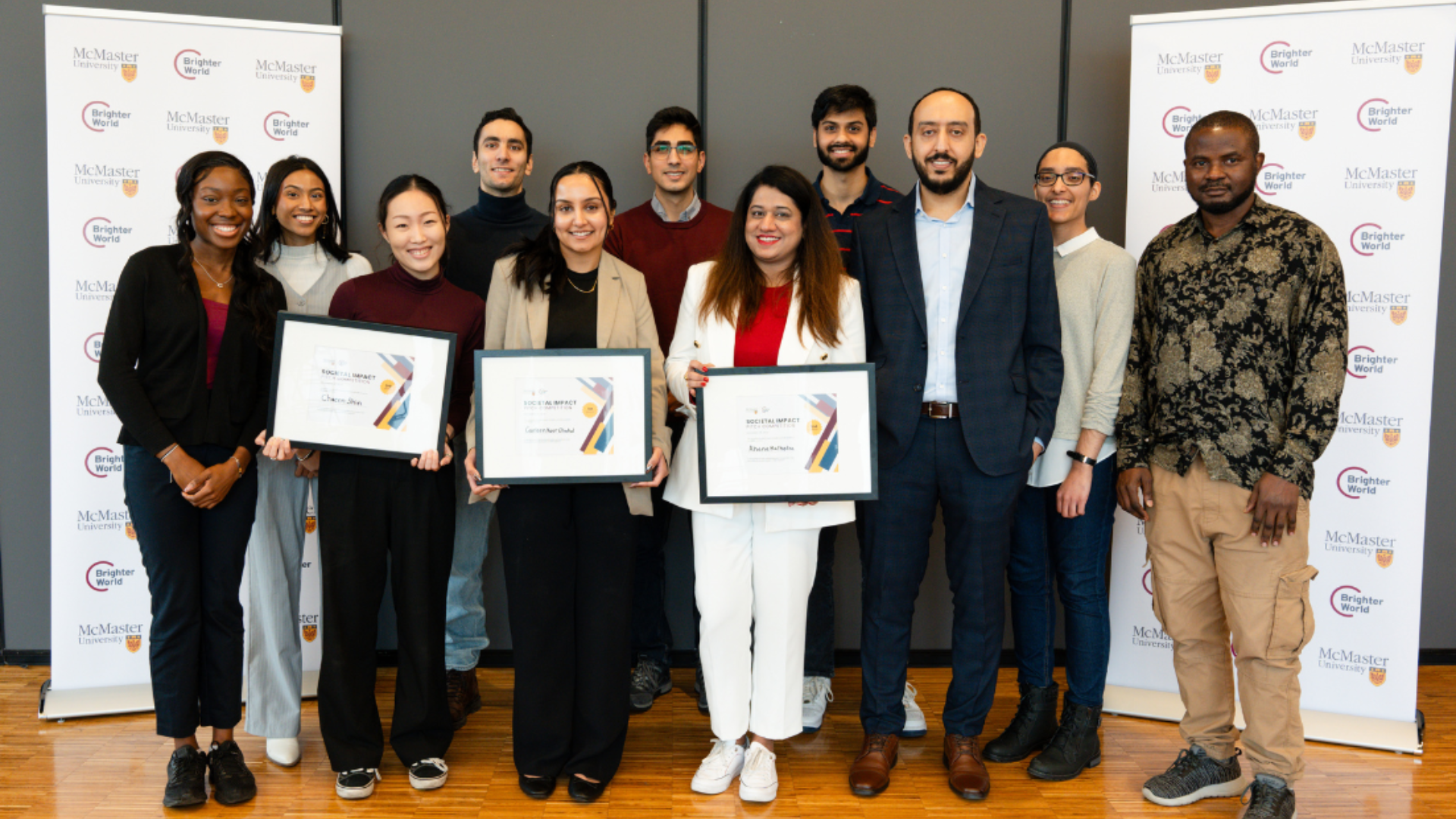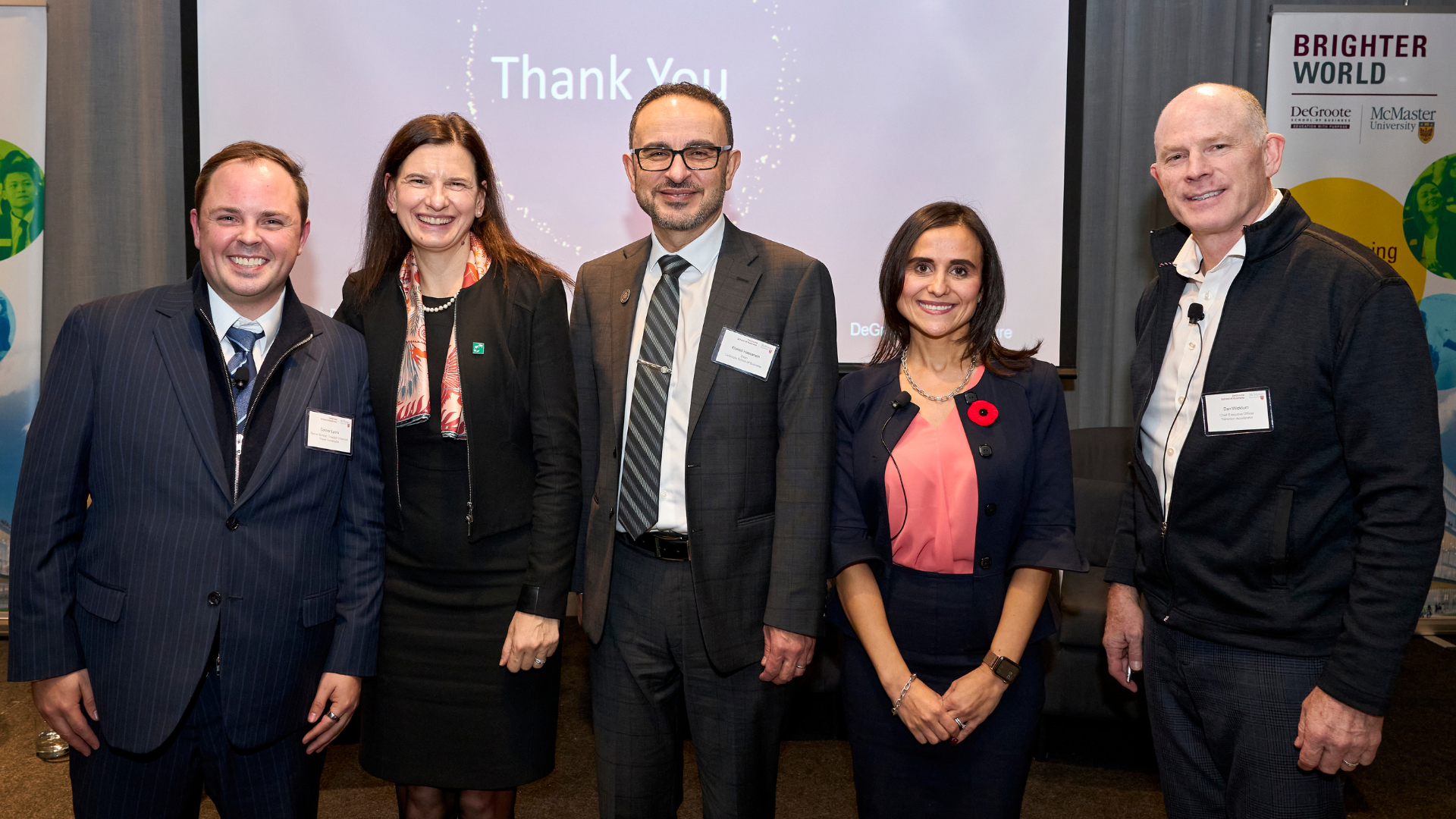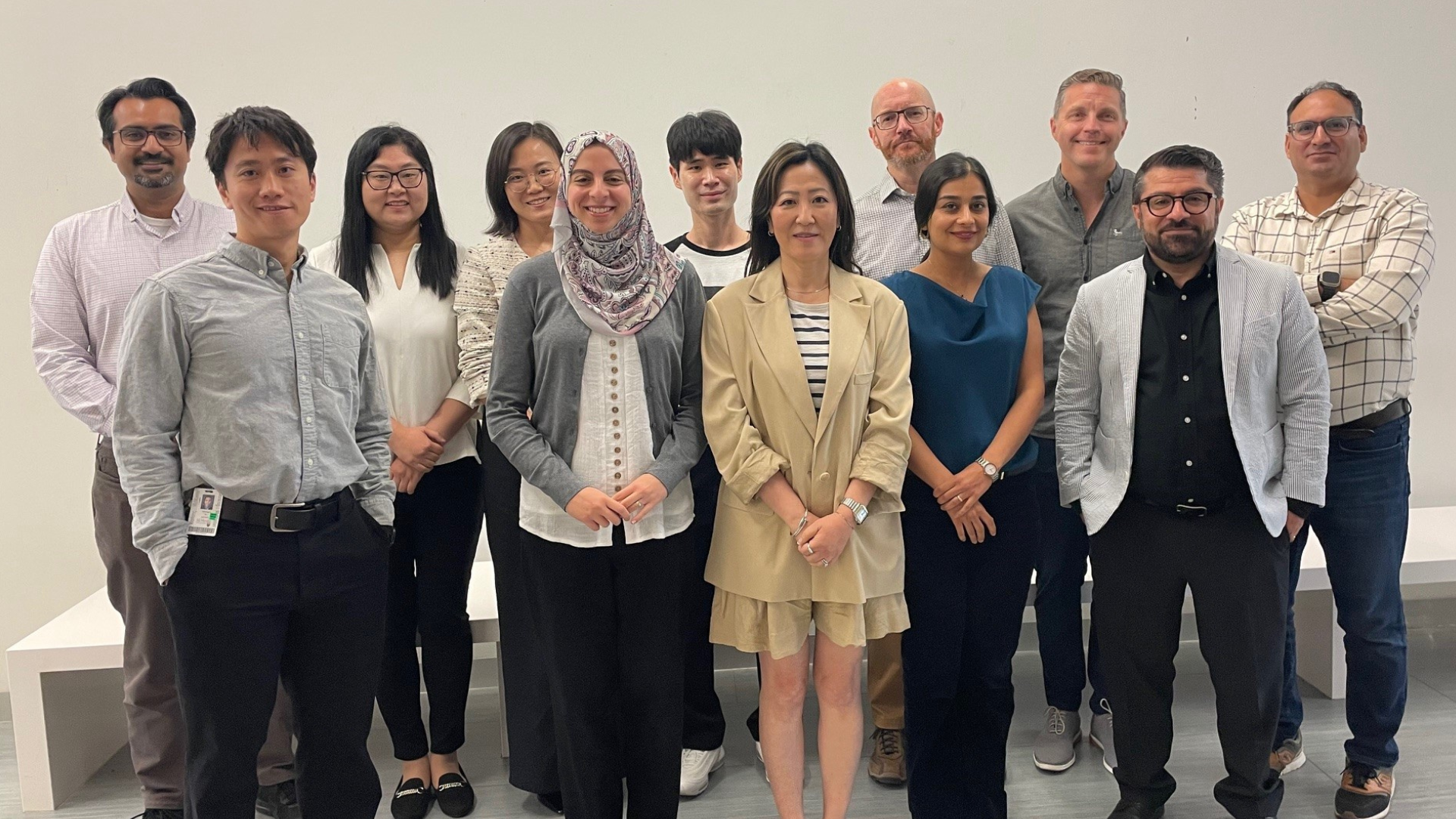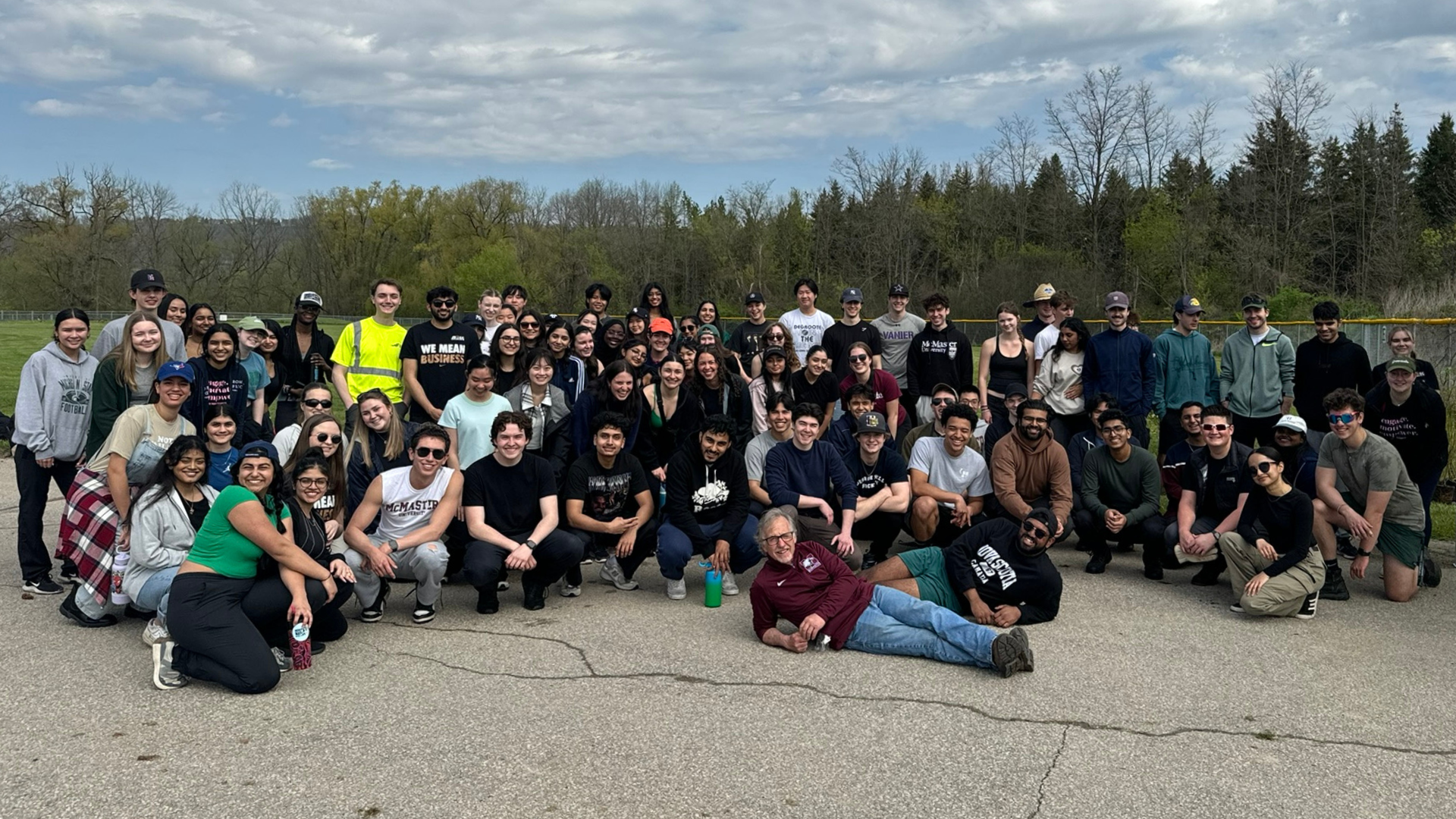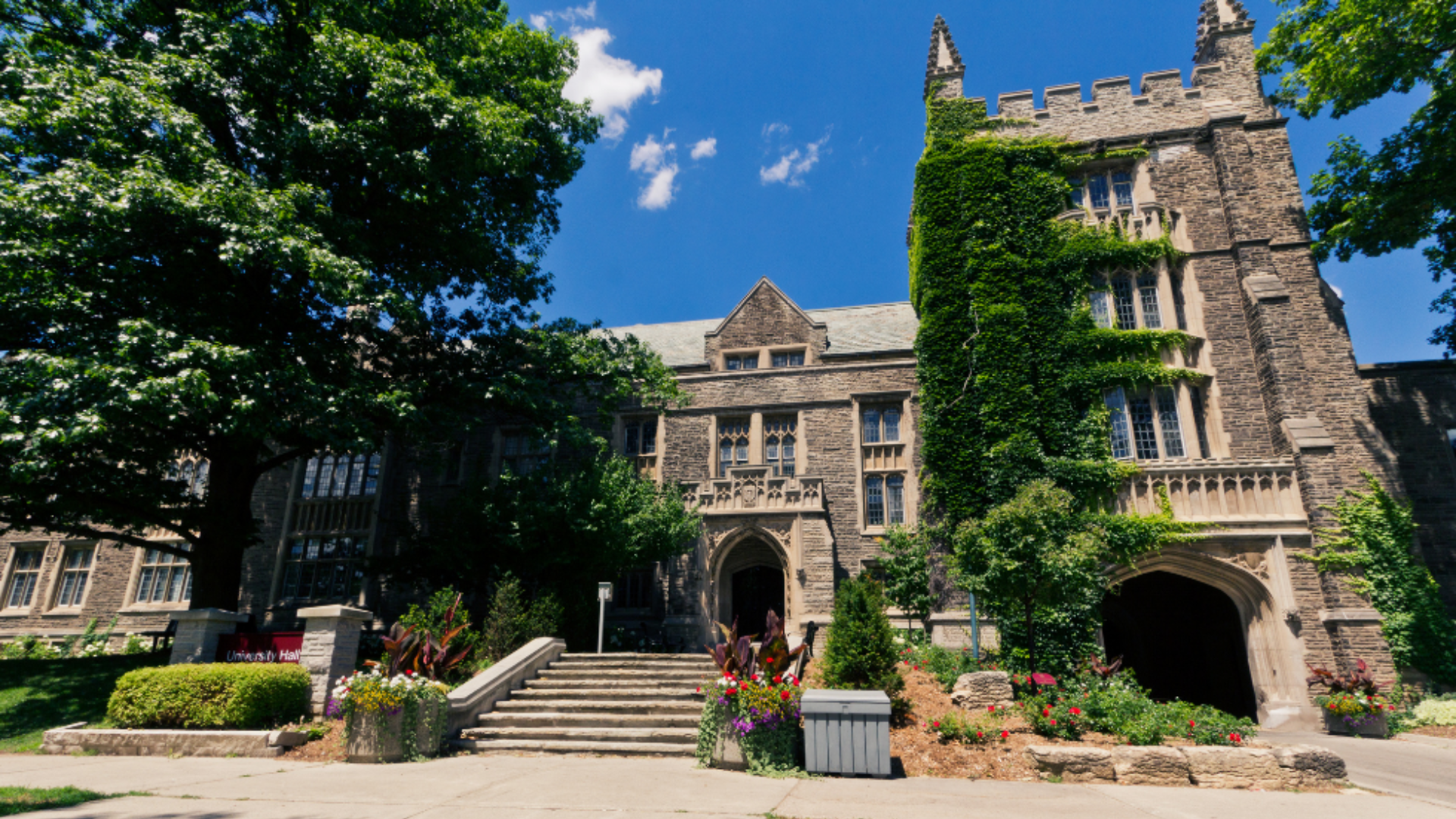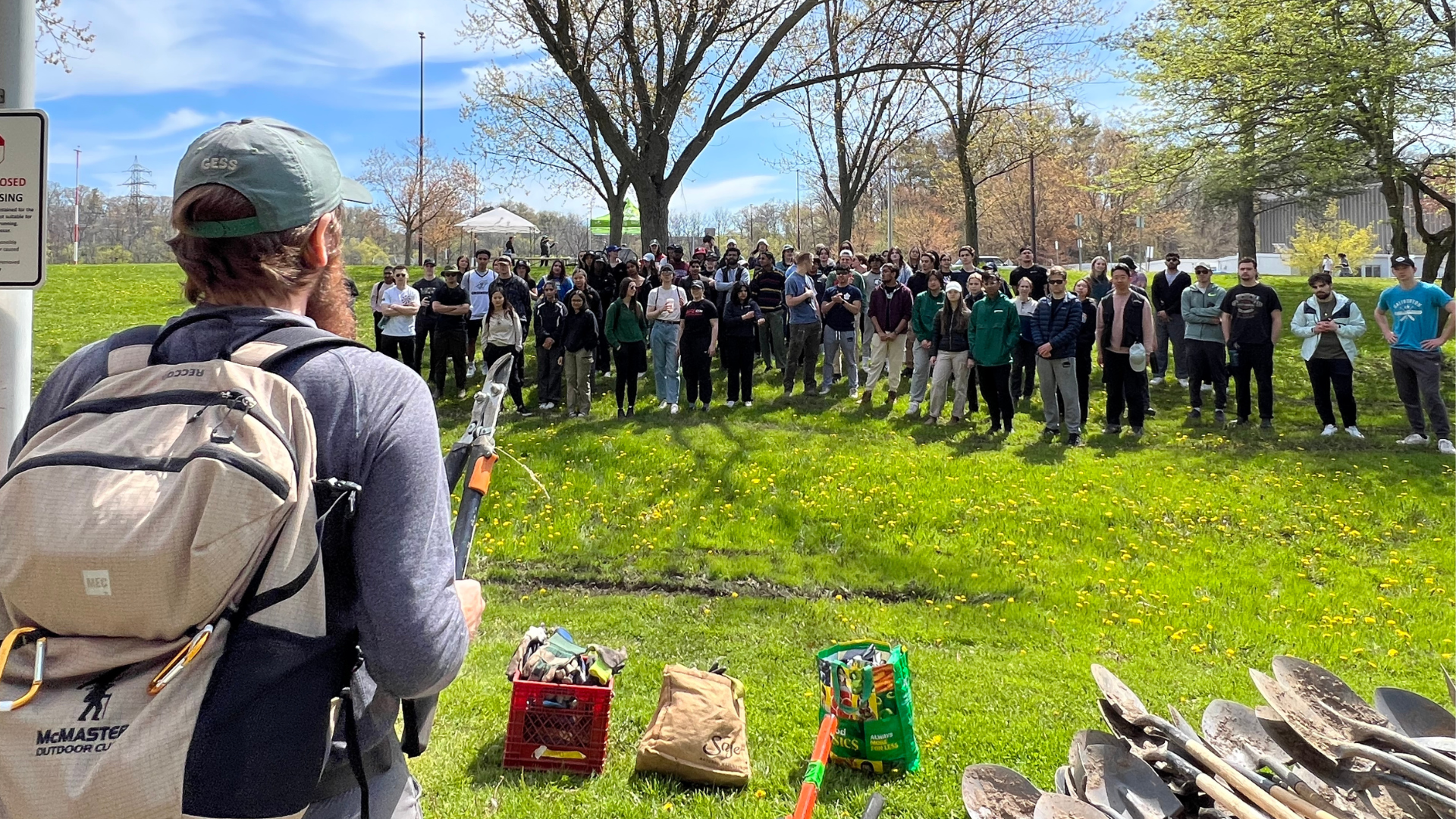FINANCE AND BUSINESS ECONOMICS STRATEGIC PLAN | RESEARCH AND SCHOLARSHIP
Five big ideas about sustainable finance with Rui Duan
August 21, 2025 ·
Contributed by: Grace Mullen

Global finance has the power to shape the world—literally. The movement of global capital between consumers, investors and corporations can dramatically transform the ecological and social environment. Corporate decisions about international carbon emissions, materials used in product packaging and green innovation strategies are all at the mercy of policy frameworks, investment trends and evolving consumer sentiment.
If the web of actors and influences described above sounds complex, that’s because it is. Rui Duan, an assistant professor of Finance and Business Economics at the DeGroote School of Business, helps to untangle the web of corporate finance. Drawing from a sustainability lens, Duan breaks down five of the most pressing topics in the field.
Big Idea 1: What is sustainable finance?
With increasingly popular sustainability movements, the term sustainable finance is popping up more frequently in news headlines, classrooms and investment portfolios.
Simply put, sustainable finance is an emerging financial field that challenges firms to shift their focus from short-term profits to long-term impact.
Corporate sustainable finance moves beyond profit-only models, directing capital toward firms that protect the environment and support social well-being.
At its core, sustainable finance asks organizations to consider: What kind of impact are we having on the planet and how will our stakeholders respond? Investors are increasingly asking themselves the same.
Big Idea 2: Key players shaping corporate environmental strategy
Companies face the complex, and sometimes impossible, task of simultaneously satisfying the demands of their stakeholders, including the broader public, consumers, employees, environmental advocacy groups, regulators and investors. To make matters more complicated, these groups often have opposing demands.
As climate concerns rise, organizations face growing pressure to meet the values of consumers and advocacy groups—or risk losing market position.
Another major influence on corporate decisions, of course, is corporate investors. While financial returns remain a top priority, investors are increasingly monitoring whether companies are responsibly managing their carbon footprints, supply chains and social responsibility efforts.
Environmentally conscious investors can also influence corporate behavior through responsible stewardship. Increasingly, they’re calling for concrete goals like cutting emissions or reporting on biodiversity impact.
Big Idea 3: Measuring a firm’s environmental impact
When companies face public pressure to go green, how do we know if they’re actually making a difference?
Environmental, Social and Governance (ESG) metrics have emerged as a way to hold companies accountable by tracking data on emissions, water use, deforestation and more. Today, ESG disclosures and performance are closely tied to corporate valuation, giving advocacy groups more leverage to demand action. Regulations also play a crucial rule, providing formal mechanisms to monitor, incentivize, or compel firms to act more sustainably.
But ESG tracking and regulatory pressure are far from perfect. Standards vary widely across countries, allowing firms to outsource environmentally harmful practices to places with weaker regulatory framework or less environmental-conscious norms. This pollution outsourcing tactic lets companies appear eco-friendly on paper while continuing harmful practices elsewhere.
In short, what gets reported—and what doesn’t—as well as what’s regulated and what isn’t, can vary drastically, giving businesses room to evade their environmental responsibilities.
Big Idea: 4: The environmental regulation debate
To regulate or not to regulate, that’s a question at the heart of environmental debates. The jury is still out on whether formal policies help or hinder a firm’s financial performance and environmental progress.
Critics argue that stricter regulations hurt competitiveness by raising compliance costs and discouraging innovation. Organizations facing higher environmental demands may struggle to match the profits of less regulated competitors. As a result, many treat ESG as a “box-ticking” exercise, outsourcing emissions to appear compliant while avoiding real global reductions.
Supporters of regulation counter that a proactive response to strong standards can create a strategic advantage. Top organizations in environmental performance are often rewarded with greater investor confidence and access to capital, which in turn promotes both sustainable practices and green innovation. Advocates believe that the most competitive companies will be those with the most forward-thinking green strategies, as integrating sustainability into core business operations is increasingly essential for long-term survival—not merely an operational exercise in reputational management.
Big Idea 5: Green innovation
For companies that are truly walking the sustainability walk, green innovation is more than a buzzword, it’s a strategic choice. Actions like investing in alternative energy technologies, improving battery efficiency, and developing sustainable packaging or carbon capture solutions reflect a deeper integration of environmental goals into core business strategy.
These innovations emerge when environmental stewardship aligns with smart, forward-looking decision-making.
Navigating the future of sustainable strategy
These themes of regulation, stakeholder relations and sustainable practices do not operate in isolation.
By breaking down the complex web of sustainable finance, we can better grasp the big picture and prepare for challenges like biodiversity loss and climate resilience.


